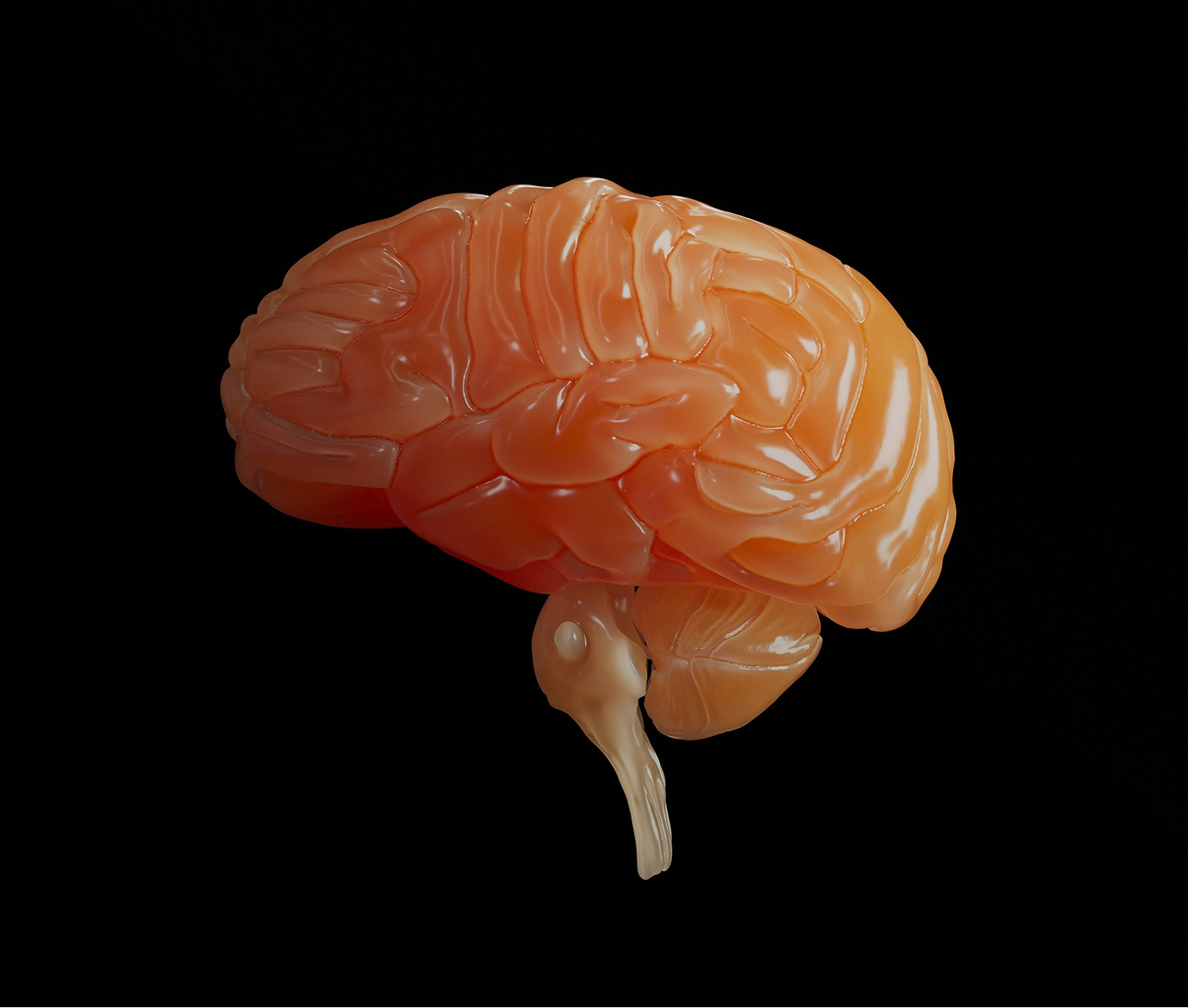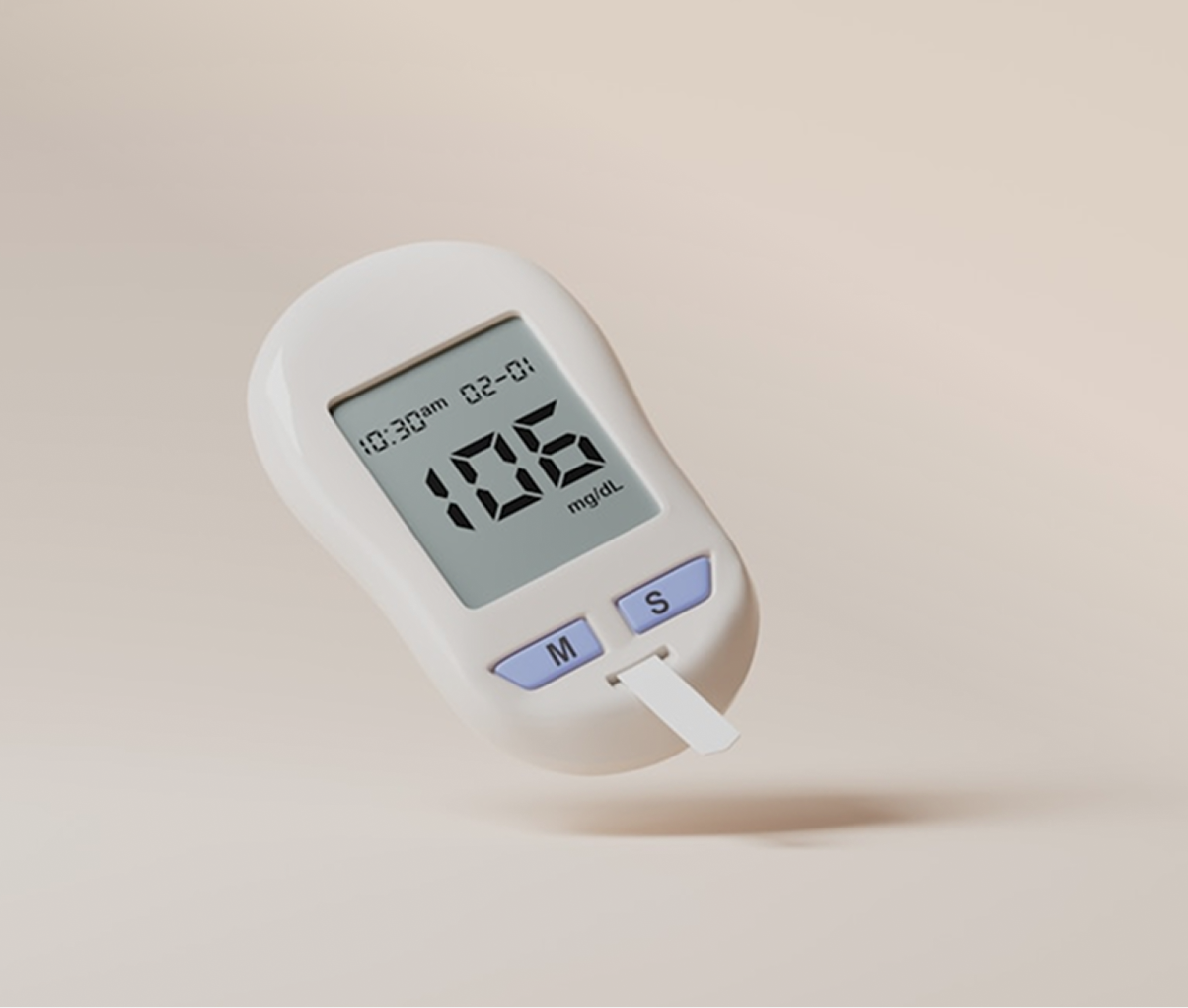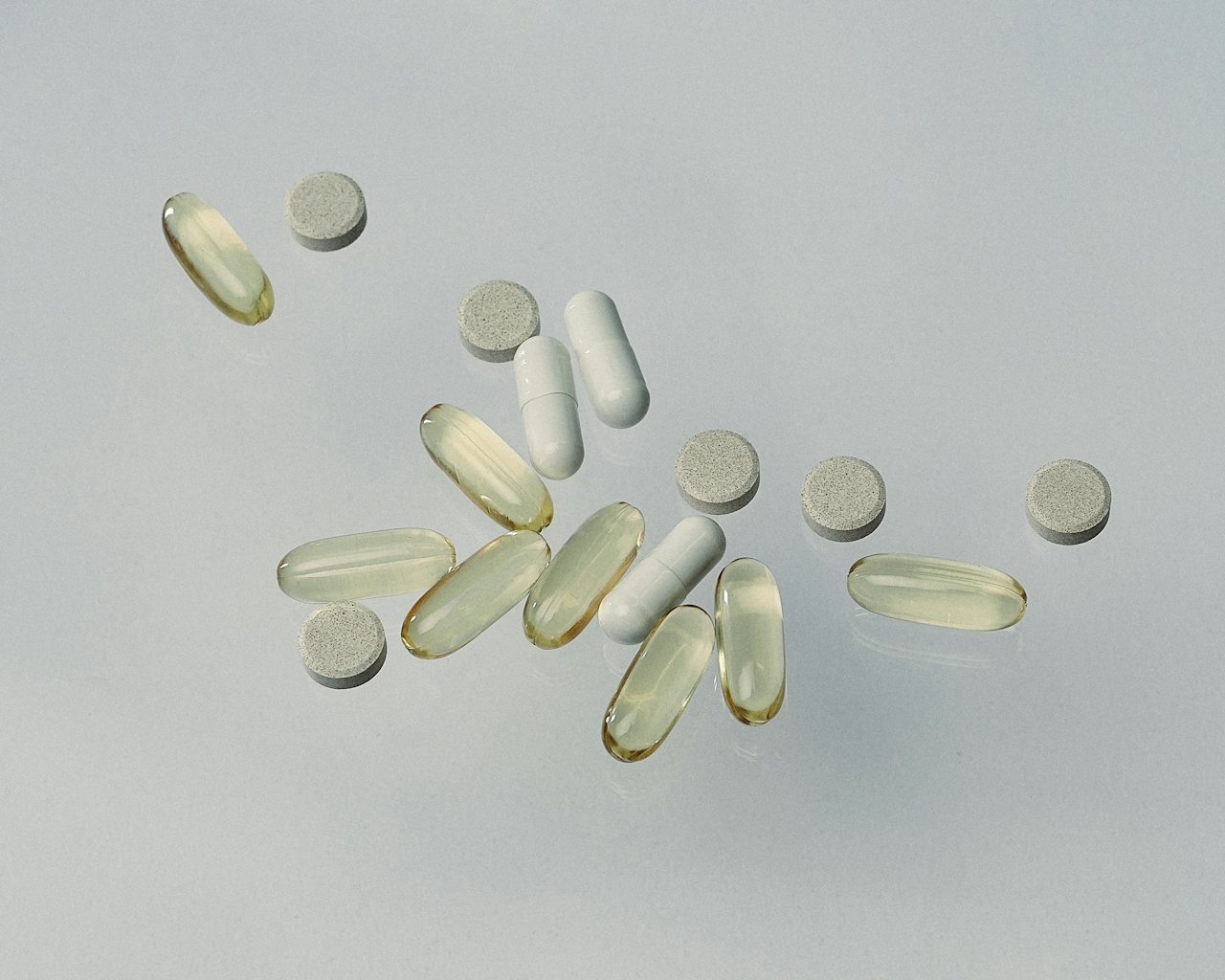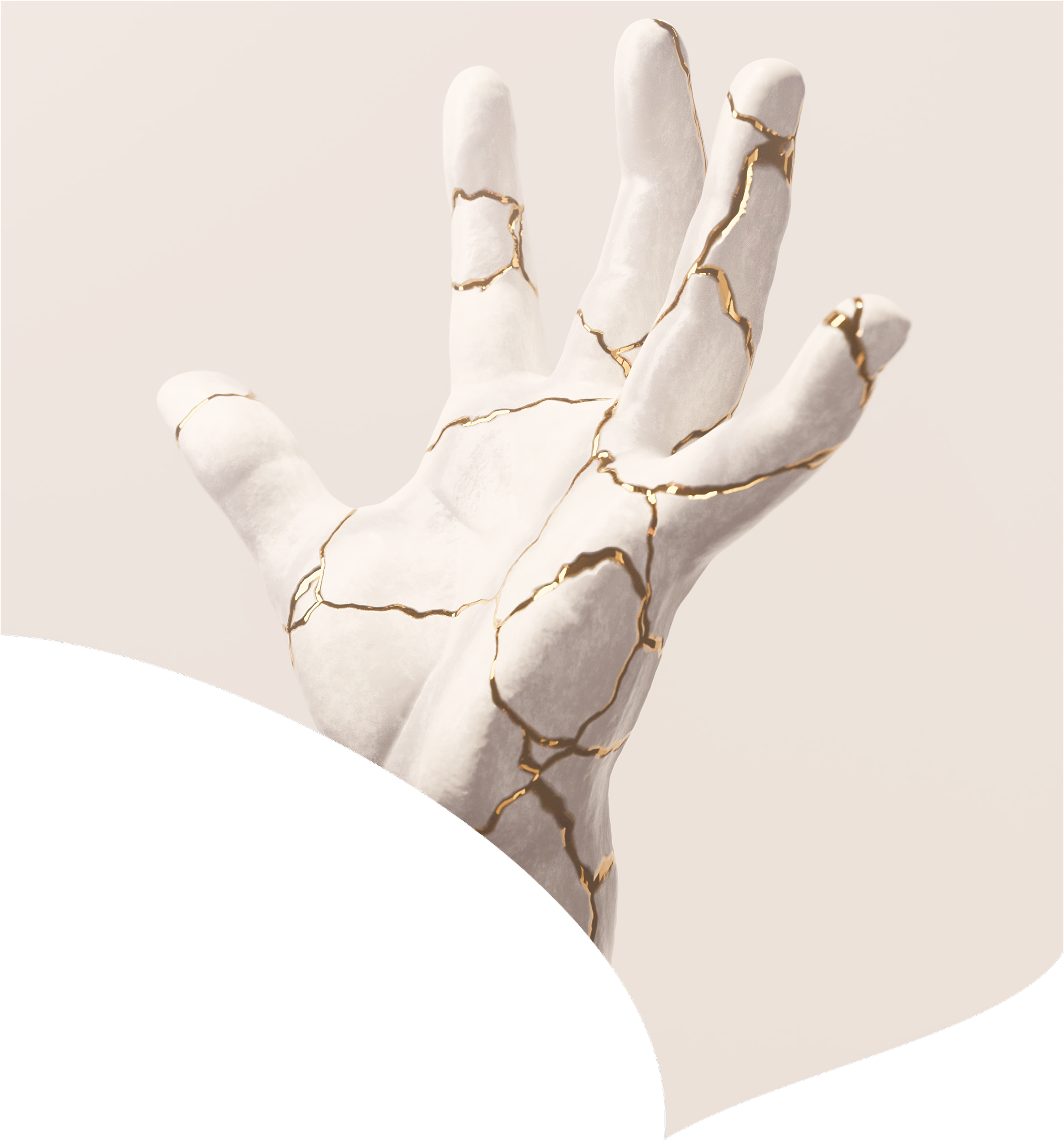
In our last issue, we digested why certain foods—deemed “superfoods”—have achieved mythical status in the quest to outsmart our own mortality. We dove deep into why some edibles are celebrated, commercialized, and occasionally weaponized.
Missed it? You can still catch up on part 1 of The Superfoods Issue.
Dr. Uma Naidoo has been described by Michelin-starred chef David Bouley as “the world’s first triple threat in the food and medicine space.” Affectionately known as the Mood Food MD, Dr. Naidoo is a Harvard-trained nutritional psychiatrist, professional chef, and nutritional biologist. She is a MasterClass instructor and the author of both Calm Your Mind with Food and the national and international bestseller This is Your Brain on Food.
Nutritional superhero Dr. Naidoo joined us to answer our community’s most pressing questions about superfoods.
QUESTION 1:
HOW MUCH CAN OMEGA-3S CONTRIBUTE TO EASING DEPRESSION AND ANXIETY—OR PREVENT THEM FROM GETTING WORSE?
Omega-3 fatty acids—specifically EPA and DHA—help to combat the damaging effects of free radicals and oxidative stress on the brain. These powerful antioxidants can help to reduce chronic inflammation, which has been linked to increased symptoms of anxiety, depression, and several other mental health conditions. They can reduce inflammation that can dampen mood, exacerbate stress, cause fatigue and brain fog, and even lead to neurodegeneration and memory loss with age.
However, their ability to ease the mental health symptoms that can arise due to chronic inflammation are specific to each individual. We must consider what an individual’s diet and lifestyle as a whole look like, as well as their unique biochemistry. Omega-3s, whether in supplement form or consumed in the diet, are not a magic nutrient to ease all ailments. Rather, they are a key component of a healthy lifestyle that includes a balanced, whole food diet; regular physical activity; and good sleep.
QUESTION 2:
WHEN IT COMES TO OMEGA-3 FATTY ACIDS, HOW MUCH DO WE NEED FOR GOOD MENTAL HEALTH?
SHOULD I GET THEM ONLY THROUGH FISH, OR ARE PLANT FOODS RICH IN ALAS (LIKE FLAXSEED, CHIA, CANOLA OIL, ETC.) ALSO A GOOD IDEA?
There are 3 main types of omega-3 fatty acids. DHA and EPA are largely found in wild caught fatty fish. These are the forms that the brain is best able to utilize. The third form, ALA, is found in plant foods like nuts and seeds; however, the body must convert it to EPA or DHA in order to utilize it. This conversion rate is very low, meaning only a small fraction of the ALA that is consumed is actually of benefit.
If you do not eat seafood, an algal oil supplement (from marine algae) is a good plant-based alternative for getting your DHA and EPA. Microalgae species such as Schizochytrium, Aurantiochytrium, and Crypthecodinium cohnii are notable producers of DHA, while Phaeodactylum tricornutum and Nannochloropsis oceanica are rich in EPA. You can elect to do this in addition to eating foods like chia seeds, walnuts, and flax seeds. It is recommended that omega-3 consumption is focused on sources of DHA and EPA. Current dietary guidelines recommend a minimum of 8 oz of seafood per week to meet the omega-3 requirements.
People who do not consume EPA and DHA via animal foods should speak with their doctor regarding omega-3 supplementation. Look for a supplement that includes both EPA and DHA, and always opt for supplements that have been third-party tested to ensure quality. For those who do not consume fish products for ethical or religious reasons and wish to avoid fish oil supplements, EPA and DHA can also be found in algae oil or algal oil supplements.
QUESTION 3:
HOW DO OMEGA-3S FIT INTO THE BIG PICTURE OF TREATING OR PREVENTING DEPRESSION AND ANXIETY?
They’re not a magic bullet. Readers should also try to get physical activity, monitor moods, and see their doctor for ongoing depression or anxiety. When looking at some of the healthiest populations around the world—both in terms of physical and mental health—they all have a few things in common.
These include:
- A diet rich in whole, unprocessed foods, including healthy fats like omega-3s
- Regular physical activity
- Quality sleep
- Supportive social environments
- A sense of community
- Low stress
All of these factors work together to support low levels of depression and anxiety. Individuals with persistent symptoms of poor mental health should consult their physician.
|
Disclaimer: This newsletter is provided for educational and informational purposes only and does not constitute providing medical advice or professional services. The information provided should not be used for diagnosing or treating a health problem or disease, and those seeking personal medical advice should consult with a licensed physician.
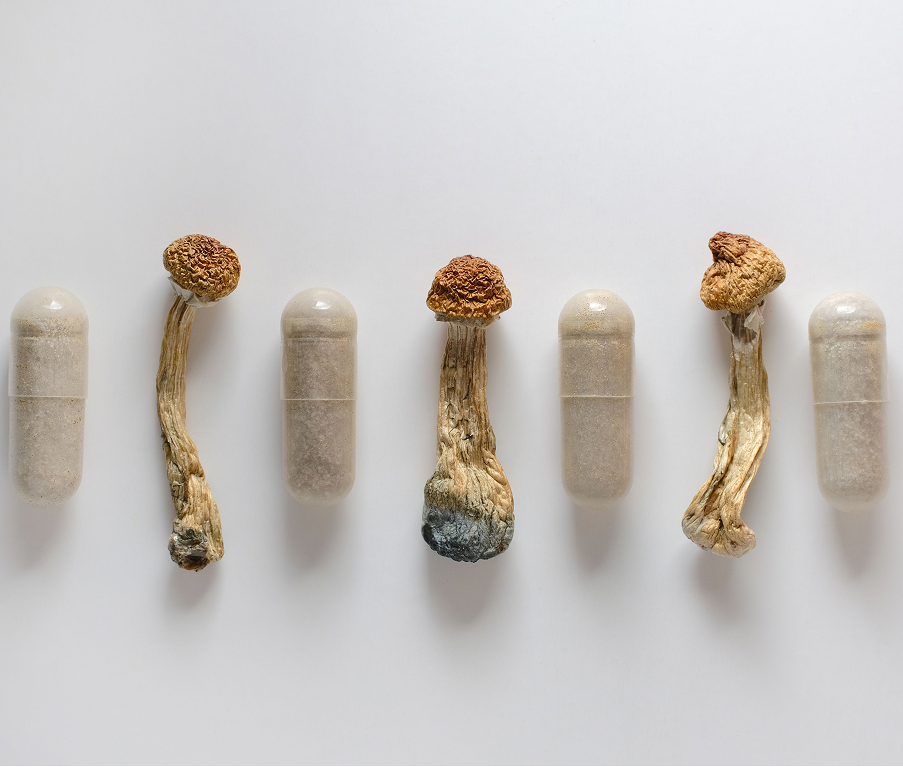
February 20, 2026

February 14, 2026

February 6, 2026

January 31, 2026

January 23, 2026

January 16, 2026

January 9, 2026












